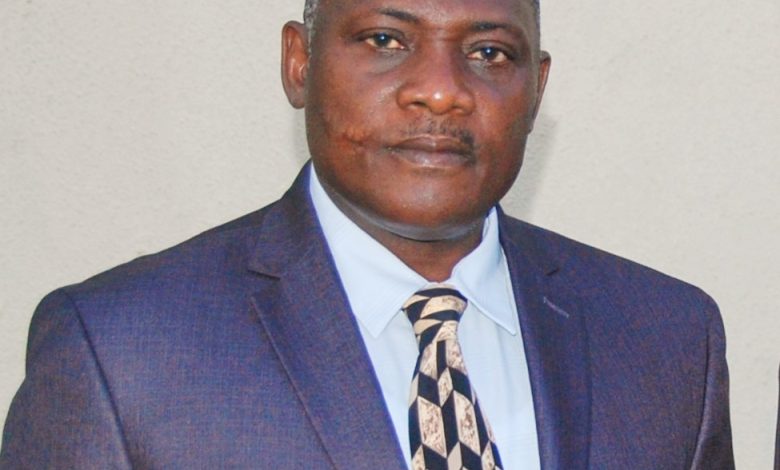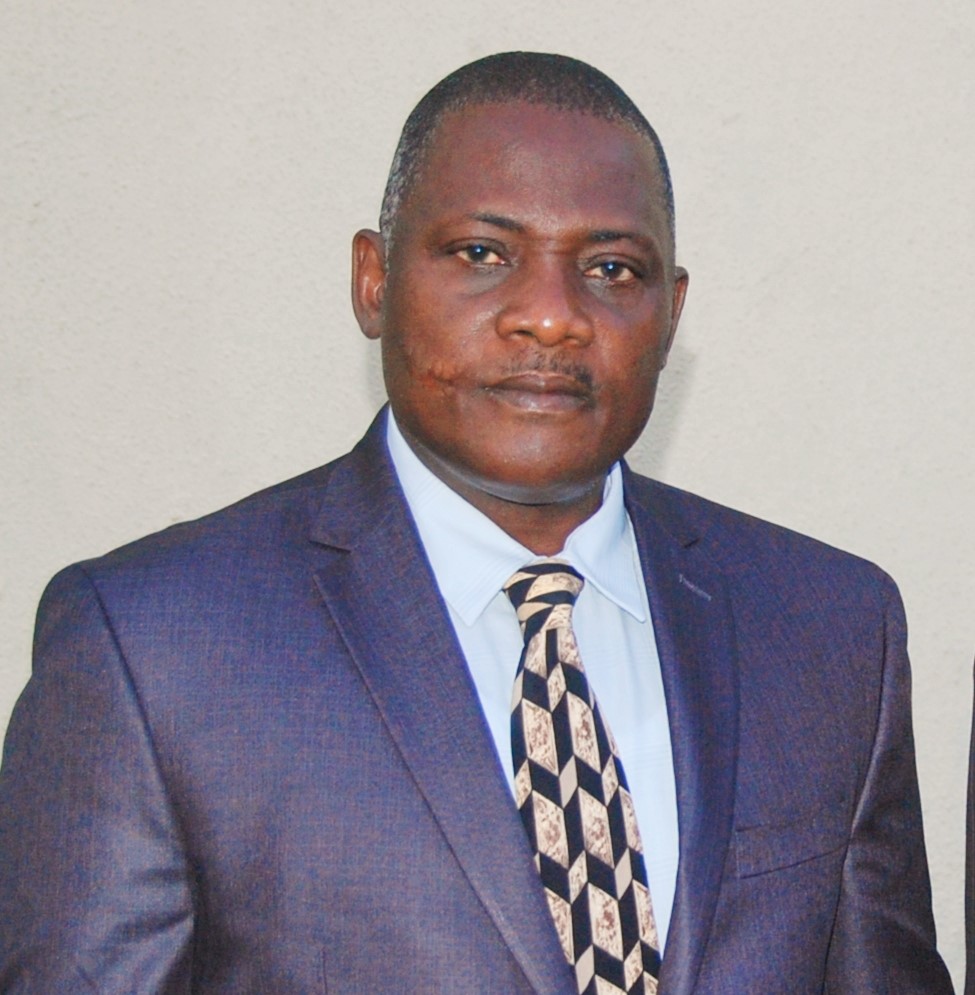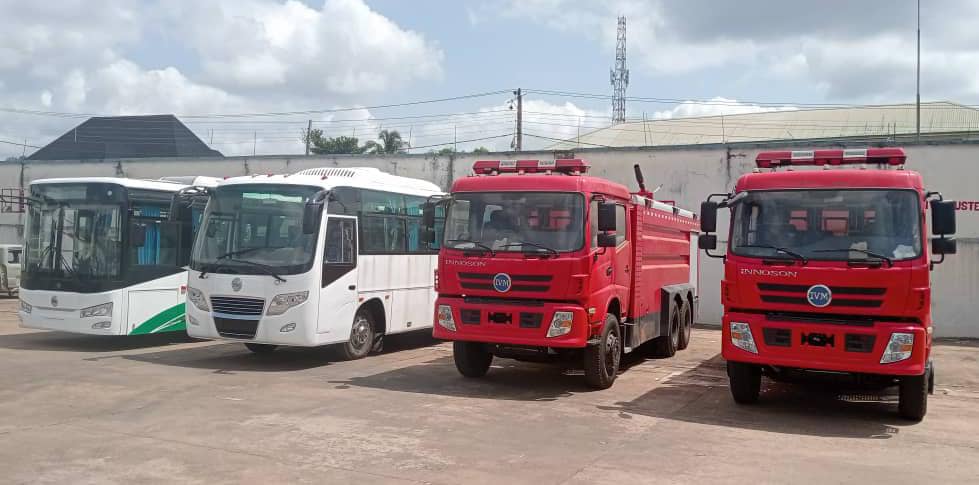Innoson Commends FG on Nigeria-First Policy
Says it will Lift Moribund Local Industries, Attract Fresh Investments


By Daphne Uduneje
Concerned with the harsh business terrain in the country, Chief Innocent Chukwuma, CON, founder of Innoson Vehicle Manufacturing Company Ltd, (IVM) expressed optimism that the Federal Government’s newly approved Nigeria-First policy will revitalise struggling local industries and attract global investors to Nigeria’s manufacturing sector.
Speaking on The Morning Brief, a Channels Television breakfast programme,recently, Chukwuma said the policy, which prioritises the use of locally made goods and services in all government procurement processes, could mark a turning point for Nigeria’s industrial growth.
Chukwuma, who has been championing indigenous manufacturing, highlighted the impact this policy could have on encouraging both local and international investors to set up operations in Nigeria.
His words, “If the Nigerian policy on local manufacturing is strong, more people will set up industries. But when investors see that we, the manufacturers, have suffered so much just to survive, it discourages them. With this policy, more people will invest. I’ve been getting calls from across the world—people who want to partner with me to take advantage of this opportunity.”
“I felt so good when I heard about this policy. Now, Nigeria has found the way forward because it is good to tell ourselves the truth. If we start telling ourselves the truth, Nigeria will become great. This government is different from others because a lot of truth is coming out, especially in urging Nigerians to patronise locally made products,” he said.
The Innoson boss continued, “How can you be paying workers in other countries while working in Nigeria? When you import, you are paying their workers. But when you buy locally made, you are supporting your fellow Nigerian. Nigeria pays for Nigeria.”
The IVM founder explained that Nigeria has the potential to become a leading hub for automotive production in Africa, provided the right environment is created for new factories and component manufacturers to thrive.
“I’m not saying only Innoson should be doing this. I want more people to join. Motor manufacturing is the industry of industries—it has many components. Some can go into component production, and Nigeria can become the hub of motor manufacturing in Africa. That will help our nation,” he noted.
He added, “We are not doing this for personal gain alone. It’s about supporting our country so it becomes great. If it were just about money, there comes a time when you have enough and stop working. But we are building a future for Nigeria.”
When asked whether Innoson is considering listing on the Nigerian Stock Exchange to raise capital and scale operations, Chukwuma confirmed that plans are already in motion.
“We are 97 per cent through the process of going public,” he revealed. “You don’t just walk in and do it—it’s a process, and we’ve almost completed it. Very soon, you’ll hear that Innoson is listed on the stock market.
According to him, international interest in the company is growing, with both foreign automakers and Nigerian investors expressing readiness to partner with IVM.
“Some auto factories overseas want to join me because they see how I create. Nigerians also want to invest, so I’m now in the position of choosing the right partners to move forward. I’ve worked hard for this, so I must make the right decision,” he said.

Nigeria-First Policy
The Nigeria-First policy was approved by the Federal Executive Council (FEC) on May 5 and aims to prioritise indigenous production in public sector procurement.
The Minister of Information and National Orientation, Mohammed Idris, said the policy would soon be backed by an executive order.
“This policy means Nigeria comes first in all procurement processes. No foreign goods or devices that are already being produced locally will be procured without a clear and justified reason,” Idris told journalists at the State House in Abuja.
He explained that the policy is designed to “foster a new business culture that is bold, confident, and very Nigerian”, while ensuring that government spending drives investment in local industries.
Idris added that the Bureau of Public Procurement (BPP) has been directed to revise and enforce new guidelines that will give preference to local manufacturers and service providers.
Meanwhile, the Minister of State for Industry, Trade and Investment, John Enoh, had stated on May 12 that the economic value of implementing the “Nigeria First” policy is about ₦3 trillion annually.


